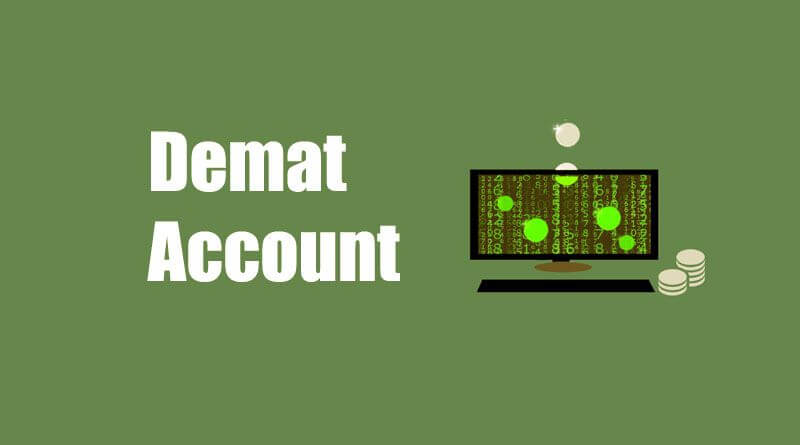Securities and Exchange Board of India (SEBI) binds the depository participants (DP)/stockbrokers by the provisions of the Depositories Act, 1996, SEBI (Depositories and Participants) Regulations, 1996.
Here are some terms and conditions laid by SEBI that you should know before opening a demat account.

1. KYC requirements
A DP needs to maintain all the details of the applicant. A brokerage firm can open a demat account of an applicant only after receiving the complete demat account opening application, KYC documents and other specified supporting documents.
How to open a demat account –
Documents Required
To meet the KYC requirements, you need to submit the following documents along with the filled-in online demat account opening application form:
- PAN Card
- Identity Proof
- Address Proof
- Income Proof
- Bank Savings Account Statements
- Cancelled Cheque
- Passport size photo
2. Immediate notification of change in the furnished information
If there is any change in the information filled in the demat account opening form, the demat account holder needs to inform the DP promptly in writing.
3. Fees/Charges/Tariff
- The demat account holder need not pay charges for opening a demat account.
- A DP will charge for providing depository services and the demat account holding and transferring securities in the electronic form. The DP provides a Tariff Sheet to the demat account holder.
- In the case of Basic Demat Accounts, the DPs have to adhere to the service fee structure laid down by the SEBI.
- DPs need to give written notice before thirty days to change the tariff.
4. Separate accounts
DPs are not allowed to open joint demat accounts. Every individual needs to open separate accounts in his/her own name to hold securities he/she owns in the stock market.
5. Security transfer
Your DP can transfer to and from your demat accounts on the basis of your order, instruction, direction or mandate only.
You, as an investor, can instruct your DP to credit securities in your demat account. The DP will act on your instructions.
6. Account statements
- Your DP will provide your demat account statements at your email ID periodically only if you make any transaction in your demat account.
- If there is no security in the demat account or you did not make any transaction in your demat account during the year, the DP will send only one paper-based statement to the demat account holder.
7. Freezing/ Defreezing of accounts
You, as a demat account holder, reserve the right to freeze/unfreeze your demat account as per your requirements.
8. Default on demat charges
If a demat account holder defaults in payment of demat, the DP can freeze the demat account and charge interest.
9. Authorised depository participants
You can find the list of officially authorised stockbrokers at the official website of the SEBI, the Central Depository Services Limited (CDSL) and National Securities Depository Ltd. (NSDL).
The Demat Account Charges
As mentioned, you can open a free basic service demat account with most depository participants. However, there are other charges that a DP levy to provide their demat services for –
- Holding a variety of financial securities.
- Keeping securities safe and secure from any damage, theft, and delays.
- A faster and easier way of investing.
- Crediting dividends, right issues, bonuses, interest or refunds directly to demat account.
- Speedy shares transfer.
- Easy accessibility of your securities from any corner of the world.
- Dematerialisation and rematerialisation services for shares.
- And various others
Following are the demat charges that a DP levy for these services:
- Annual Maintenance Charges (AMC)
DPs charge an annual nominal fee as account maintenance charges (AMC) annually. You may find some DPs waiving off the first year AMC for basic demat accounts.
- Custodian Fees
The stock market works electronically, and your DP has the responsibility to keep your securities safe. To keep your securities safe and secure, DPs charge a minimal custodian fee.
- Transaction Fees
When you place a trade to buy/sell financial securities, your DP executes it and credit/debit them to your demat account. For these transactions, you need to pay transaction fees based on the number of transactions you made in a month. Many brokers charge it at a flat rate.
You can open a demat account with a discount broker to save on demat charges.

